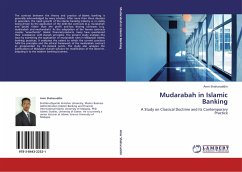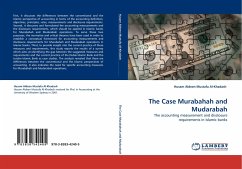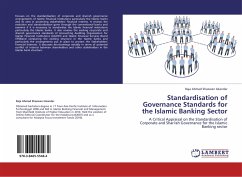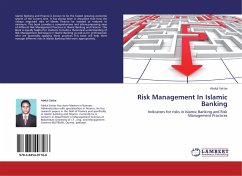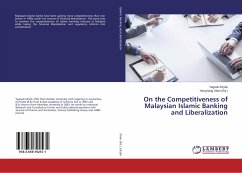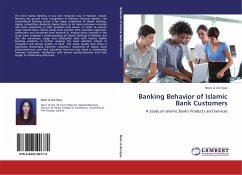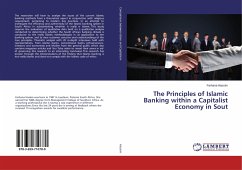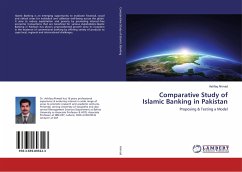The contrast between the theory and practice of Islamic banking is generally acknowledged by many scholars. After more than three decades in operation, the rapid growth of the Islamic banking industry is, in reality being driven by the application of the debt-like contracts (e.g. murabahah and ijarah) rather than the profit and loss sharing contracts (e.g. mudarabah and musharakah). As the adaptation of the former contracts creates "unauthentic" Islamic financial products, many have questioned their compliance with shariah principles. The present study analyses this issue by examining the application of mudarabah rules in Malaysian Islamic banking practices. It evaluates the extent to which the current practices fulfil the principles and the ethical framework of the mudarabah contract as propounded by the classical jurists. The study also analyses the justifications of Malaysian shariah scholars for modification of the doctrine, adapting it to the modern banking business.

